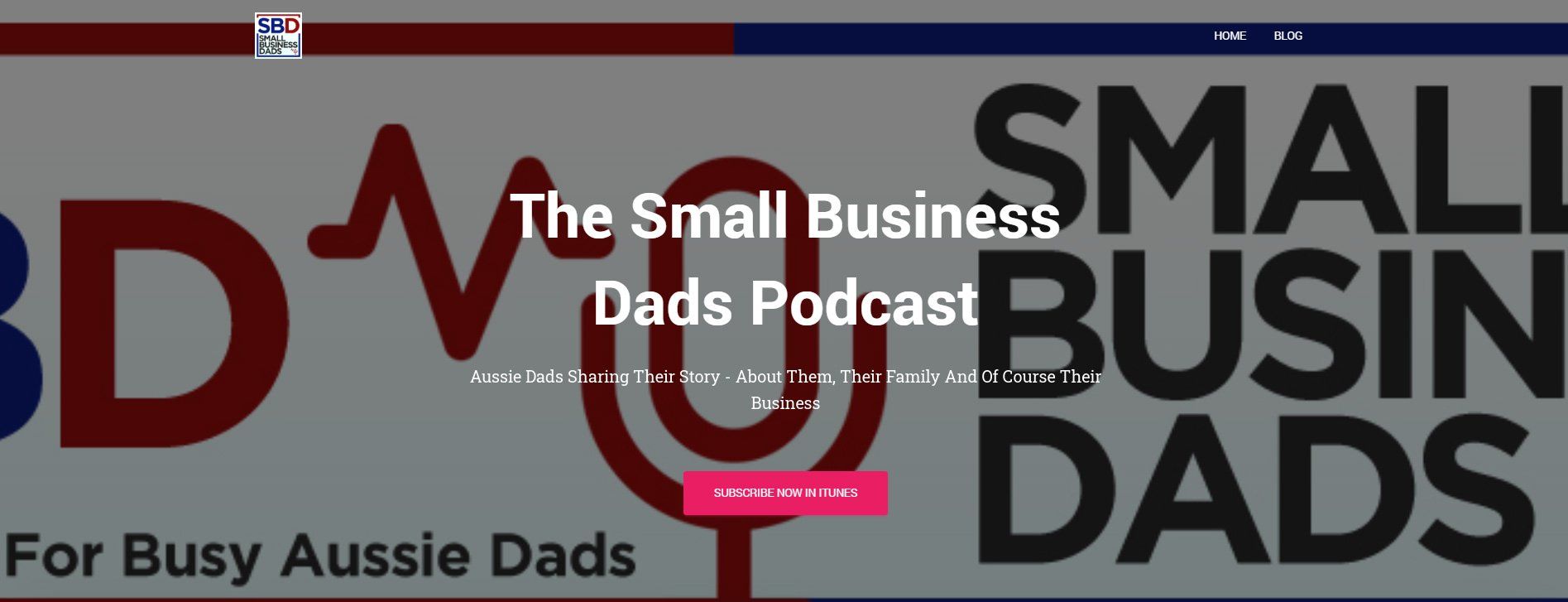
Web Designers Near Me
Why it's important to know who and where your web designers really are.

In our industry, we often get asked to unravel a previous developers mystery. The story goes something like this...
"Hi, we got a website built several years ago by 'some guy online' who is now missing in action and not answering emails and the phone and we can't get into our website.
They are often a friend of a friend or someone who builds websites in their spare time. For the record, there is nothing wrong with this scenario. It's how you get started in the field and build up your experience. The problem is, at that stage of building their clientele up, they often don't have proper processes or record keeping in place, and work off mrwebdesigner@gmail email addresses which can fade as quick as their career aspirations.
This typically leads into a range of investigative questions, scouring for clues as to what course of action they may need to take to wrestle control back of their website, or in most cases, abandon all hope and restart the process.
The good news is that generally, small business websites can be replicated fairly easily and building from scratch is not an overly arduous or expensive exercise. However, here is how you can avoid getting into that scenario from day one.
Questions to Ask
Anyone who has been left hanging by a previous developer tends to be the better role model the second time around. Here are some of the questions they ask to avoid losing control of intellectual property a second time. They are also the questions that we recommend asking anyone who you are prospectively looking to work with.
- Where are you based, and how do we contact you?
- In the event we can't get hold of you, what do we do?
- Who owns the website?
- What platform is the site going to built on?
- Who else know how to work off this platform?
- Is the site transferrable or portable to other providers?
- Where is my domain registered and do I have access to it?
I don't care about the website, I just want my domain back
If you are in the situation where you don't have access to your domain, don't panic, there are some measures you can take to retrieve your domain ownership.
- Perform a
Whois search. This will help determine where the domain is registered and possibly who is the registered owner. We say possibly, because a domain owner's details can be made private.
- If you believe you are the registered owner and simply don't recall your provider details, you can tray and initiate a domain transfer from a new registrar. In this scenario, the provider will ask for the domain transfer password, and you may be able to retrieve it from
auDA (Australia)
- If you know where your domain name is but it is registered under your developers name and contact details, you can try speaking to the domain registrar themselves. Unfortunately, this situation happens more often then it should and they may have a process where you can identify yourself as the rightful owner to the domain and arrange to have it transferred to your business name.
Summary
Always set your project up with the right questions. Know who your provider is, there experience and ask the tough questions about what happens with your website and/or data and intellectual property in the event they are no longer in operation.
Treat your domain as you would you car keys. Keep them in a safe place and let other key people in the business also know how to access this if required.
Take comfort in the knowledge that there is usually some action that can be taken to retrieve information if you are the rightful owner of the property, including legal processes in extreme cases.
Develop a good relationship with your provider and regularly check which platform your website is built on and put a redundancy plan into place should you agree to part ways or wish to move to a new platform.





